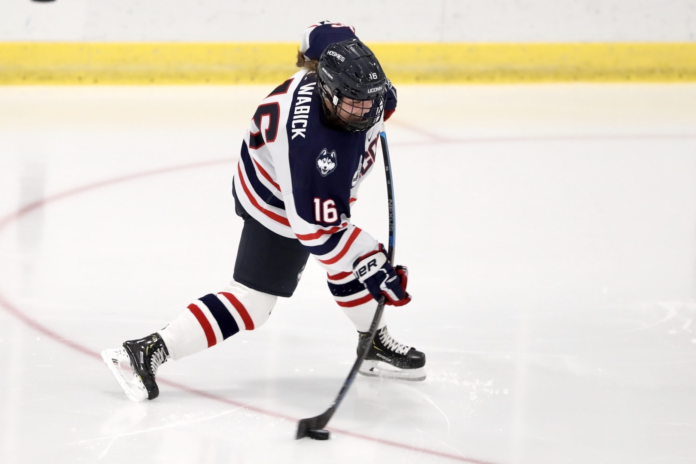What do Venus and Serena Williams, Devin and Jason McCourty and Henrik and Daniel Sedin all have in common? Not only are they siblings, but each pair of siblings has played alongside one another at one time throughout their professional careers.
This family dynamic can have its ups and downs, but it’s not just professional athletes who can benefit from the sibling bond.
Oscar Luk, a rookie libero on the STU men’s volleyball team played on and off with his twin brother, Austin, at the high school and club levels.
“It was four years of pretty much on and off, but in the end, it paid [off]. We practiced a lot and played a lot of volleyball together,” said Luk.
In many cases, playing sports with a sibling tends to happen intentionally, as a pair of siblings could be in the same draft class or recruited to play for the same varsity team. Yet, other times, playing sports with a sibling can happen overnight or out of nowhere, which was the case for Luk when he played volleyball with his twin brother.
“It just happened. I feel like we both picked up the sport out of nowhere … we saw the sport and decided to play and it just turned into a big thing later on,” he said.
Taylor Wabick and her twin sister played on the same hockey team for almost their entire career. The defenseman from Winnipeg, Man., played minor hockey and for the University of Connecticut (UConn) Huskies with her sister Morgan. The two spent five seasons in Connecticut before travelling overseas to Europe to play hockey for MODO Hockey of the Svenska Damhockeyligen (SDHL) in Sweden.
“Morgan was probably my biggest motivator and I think we really pushed each other to be the best on and off the ice,” said Wabick. “ I do think it was more beneficial in the long run, so I really enjoyed my time playing hockey with her and just kind of having her, it’s like having a built-in best friend everywhere I go.”
Having her sister on the ice was good for chemistry, said Wabick.
“I definitely think it was better when we were on the ice together because she’s a forward, and I’m a defense … I thought, for some odd reason, I would always be able to find her and we just kind of know where the other person is,” she said.
Both Luk and Wabick mentioned how they enjoyed playing together with their siblings, regardless of whether the athletes had achieved success playing with their siblings in their respective sports.
Wabick was reminded of a time during her final season playing for UConn when her twin sister scored a really nice goal, which Wabick called the “best moment ever.”

